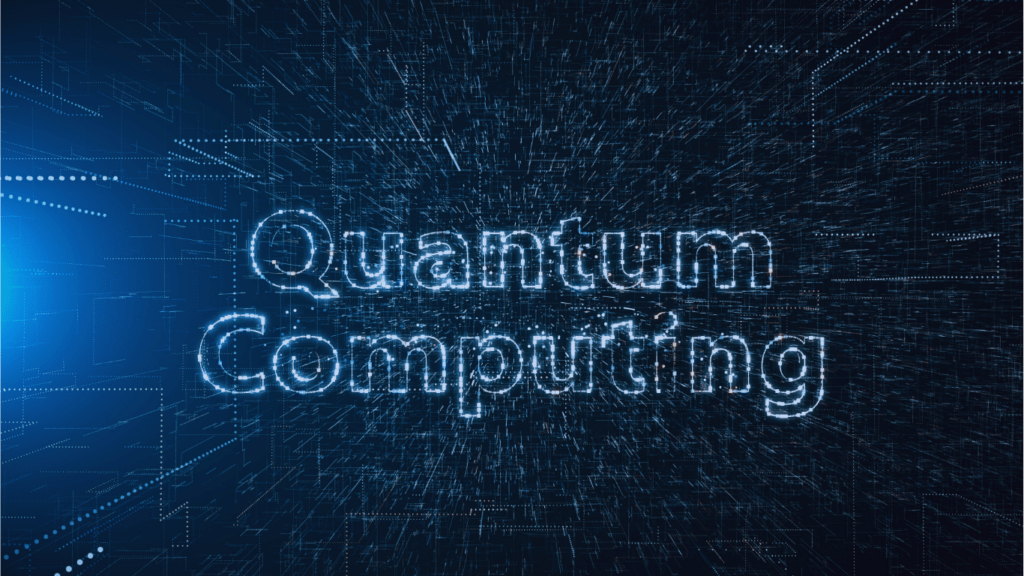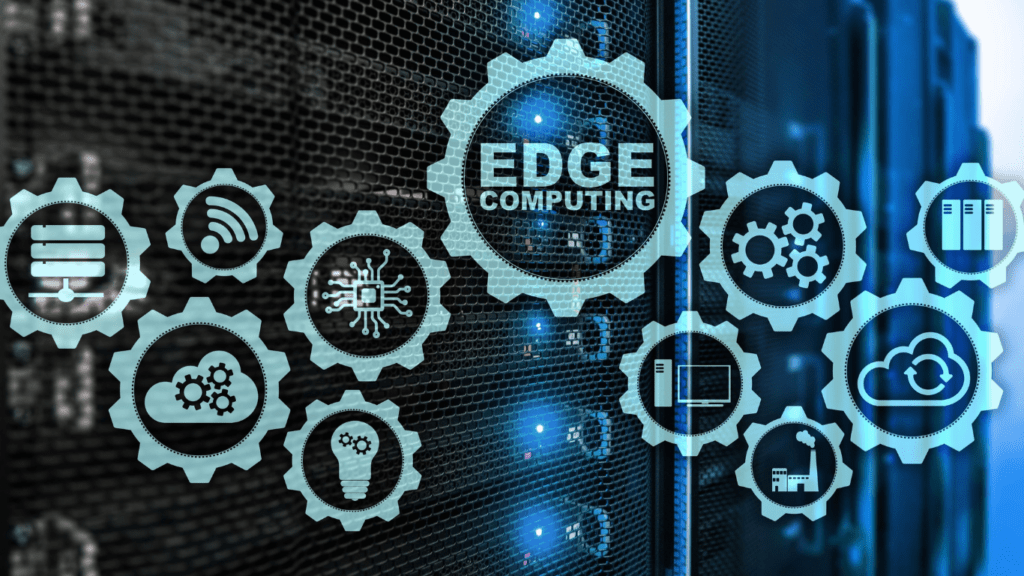Quantum computing isn’t just science fiction anymore—it’s quickly becoming a game-changer for developers like me who want to stay ahead of the curve. With its potential to solve complex problems at lightning speed, quantum computing is opening doors to innovations we never thought possible. But what does that mean for us as developers?
What Is Quantum Computing?
Quantum computing utilizes principles of quantum mechanics to process information in ways classical computers can’t. It enables solving complex problems faster by leveraging unique quantum properties.
Basics Of Quantum Mechanics
Quantum mechanics underpins quantum computing, describing how particles behave at atomic and subatomic levels. Core concepts include superposition and entanglement. Superposition lets quantum bits (qubits) exist in multiple states simultaneously, while entanglement links qubits so their states correlate regardless of distance. These properties form the foundation of quantum operations in computing.
How Quantum Computing Differs From Classical Computing
Quantum computing processes data using qubits, unlike classical computing, which relies on binary bits (0 or 1). Qubits, due to superposition, can represent multiple states, exponentially increasing data representation. Classical systems use sequential logic for calculations, while quantum systems explore many outcomes simultaneously. This distinction empowers quantum computers to solve problems like optimization or cryptography more efficiently than classical systems.
Why Quantum Computing Matters For Developers
Quantum computing is transforming how developers approach complex problems, offering capabilities far beyond classical systems. Understanding its relevance reveals opportunities to innovate and redefine various technical processes.
Potential Applications In Tech And Industry
- Quantum computing enables advancements across multiple sectors. In optimization, it’s improving supply chain logistics and route planning for companies like FedEx.
- In cryptography, quantum algorithms like Shor’s algorithm challenge traditional encryption, prompting quantum-resistant security methods.
- Machine learning benefits from quantum-enhanced data processing, with faster training of models for tasks like fraud detection or medical diagnostics.
- Industries like pharmaceuticals leverage quantum simulations to expedite drug discovery by simulating molecular interactions at an unprecedented scale.
- Beyond these, financial institutions explore portfolio optimization and risk analysis, while material science applications include designing lighter and more durable composites.
These applications show how quantum computing reshapes problem-solving in numerous fields.
Addressing Challenges And Limitations
Despite its potential, quantum computing presents several challenges. Limited qubit stability, due to quantum decoherence, impacts the reliability of operations. Error correction remains a critical hurdle, with quantum systems requiring substantial resources to offset inaccuracies. Scalability is another concern, as increasing qubit counts without compromising coherence is technically demanding.
Additionally, the complexity of quantum algorithms and hardware creates high entry barriers for developers. Quantum programming demands knowledge of specialized languages like Q# or Qiskit, along with an understanding of linear algebra and quantum mechanics. Ongoing advancements in hardware and software aim to reduce these limitations, making quantum technologies more accessible to developers.
Key Concepts Developers Should Know
Understanding quantum computing starts with grasping its foundational principles. I’ve outlined three essential concepts below that every developer diving into this field should know.
Qubits And Superposition
Qubits, the quantum equivalent of classical bits, represent the smallest unit of quantum information. Unlike classical bits that are limited to binary states (0 or 1), qubits can exist in a state of superposition, where they hold probabilistic combinations of 0 and 1 simultaneously. This property enables quantum computers to process massive datasets and perform multiple calculations at once. For instance, a system with n qubits can represent 2ⁿ states, exponentially surpassing classical systems in computational power.
Entanglement And Quantum Gates
Entanglement describes a quantum phenomenon where the states of two or more qubits become inextricably linked. When qubits are entangled, changes to one instantaneously affect the other, even over long distances. Developers can harness entanglement to achieve parallelism and high-speed data processing. Quantum gates, the building blocks of quantum circuits, manipulate qubits by altering their probabilities and phases. Unlike classical logic gates, quantum gates operate on qubit states, enabling complex transformations essential for quantum algorithms.
Quantum Algorithms: An Overview
Quantum algorithms exploit the principles of superposition and entanglement to outperform classical counterparts in specific tasks. Shor’s algorithm, for instance, allows efficient prime factorization, posing challenges to current cryptographic methods. Grover’s algorithm enables faster unstructured search, offering quadratic speedups. As a developer, familiarizing yourself with these algorithms helps bridge the gap between theory and practical implementation, driving advancements in optimization, cryptography, and machine learning.
Tools And Platforms For Quantum Development

Developers working in quantum computing can access a range of tools designed to simplify programming and increase accessibility. These resources include programming languages, SDKs, and cloud platforms tailored for quantum systems.
Popular Quantum Programming Languages
Quantum programming languages help developers interact with quantum hardware and simulate quantum processes. Some of the most prominent languages include:
- Qiskit: An open-source Python library from IBM for developing quantum algorithms, running on both quantum simulators and real quantum hardware. It supports quantum circuit creation and execution.
- Cirq: A framework from Google designed for programming quantum computers. It offers tools for building and optimizing quantum circuits specifically for near-term quantum devices.
- Quil: Used in Rigetti’s Quantum Cloud Services, Quil (Quantum Instruction Language) is designed for hybrid classical-quantum programs, enabling seamless interaction between classical and quantum resources.
- Q#: Developed by Microsoft, Q# integrates with Visual Studio and Azure Quantum, allowing algorithm implementation on quantum simulators and hardware.
Quantum SDKs And Cloud Services
Quantum software development kits (SDKs) and cloud services enable developers to access quantum systems without specialized hardware. Key platforms include:
- IBM Quantum Experience: Provides access to Qiskit, quantum simulators, and real quantum processors through a cloud-based platform. It offers learning resources and a collaborative environment for experimentation.
- Google Quantum AI: Delivers tools like Cirq and access to Sycamore processors via its cloud platform. It caters to both research and practical applications of quantum computing.
- Amazon Braket: A fully managed quantum computing service enabling experimentation with quantum simulators and hardware from providers like Rigetti, IonQ, and D-Wave via the AWS ecosystem.
- Microsoft Azure Quantum: Unifies quantum hardware and software resources on a single cloud platform, featuring integration with Q#, quantum development tools, and optimized algorithms.
These tools empower developers to test, build, and execute quantum programs, contributing to advancements across industries.
Getting Started With Quantum Computing
Diving into quantum computing requires understanding essential concepts and leveraging the right tools. I focus on practical resources and steps to ease the transition into this advanced field.
Learning Resources And Tutorials
Exploring structured learning materials accelerates understanding quantum computing principles. Interactive tutorials from platforms like IBM Quantum Experience and Microsoft Learn offer hands-on experience with qubits and quantum gates. Academic courses on edX and Coursera provide in-depth explanations of underlying quantum mechanics and algorithm design, catering to both beginners and advanced learners. For quick references and problem-solving, online repositories like Qiskit’s documentation and Quantum Computing Stack Exchange offer valuable guidance.
I also recommend textbooks such as “Quantum Computation and Quantum Information” by Nielsen and Chuang, as they thoroughly cover foundational concepts. For a beginner-friendly introduction, “Quantum Computing for the Very Curious” simplifies complex topics. These resources bridge the gap between theoretical understanding and practical application, making coding in quantum environments more approachable.
Building Your First Quantum Program
Writing your first quantum program involves selecting a programming language and accessing a quantum development tool. Languages like Qiskit, which integrates with Python, and Cirq, built for Google’s quantum computer, provide user-friendly interfaces for creating quantum circuits. I use cloud-based platforms such as IBM Quantum Lab or Amazon Braket to simulate circuits and execute programs on quantum hardware.
Start by constructing basic quantum circuits, such as implementing a superposition state using the Hadamard gate. Use readymade libraries included in quantum SDKs to simplify complex operations. For example, Qiskit includes prebuilt circuit templates for tasks like Grover’s search or Shor’s algorithm, enabling experimentation with minimal coding. With each program, practice measuring qubits, handling errors, and interpreting quantum results, gradually refining your skills in quantum computing development.


 A creative force behind the scenes, Justino Davisenics brought strategic vision and practical insight to the growth of Code Hackers Elite. Leveraging his experience in developer outreach and digital content curation, Justino helped craft the platform’s user-centric experience and shaped its editorial voice. His contributions have been key in fostering a vibrant community of coders and ensuring the content remains relevant, insightful, and engaging for developers at every stage of their journey.
A creative force behind the scenes, Justino Davisenics brought strategic vision and practical insight to the growth of Code Hackers Elite. Leveraging his experience in developer outreach and digital content curation, Justino helped craft the platform’s user-centric experience and shaped its editorial voice. His contributions have been key in fostering a vibrant community of coders and ensuring the content remains relevant, insightful, and engaging for developers at every stage of their journey.
